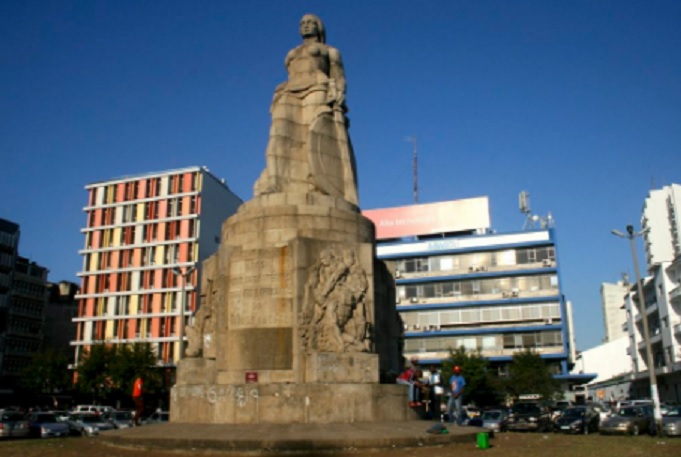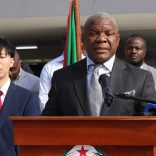Amounts, property, rights and assets held abroad by Mozambican citizens which must be declared to ...
Austerity bites: Mozambique to regain donors’ support, but not quickly – Economist

The Economist Intelligence Unit (EIU) says it thinks that the government of Mozambique will “end up taking action to recover the support of donors” and reform loss-making enterprises, but a rapid political change is unlikely.
“We hope that the Mozambican government will eventually take steps to recover the support of donors and reform loss-making public enterprises, but for a ruling party that is reluctant to allow fiscal transparency and is ideologically opposed to privatization, a rapid political change is unlikely,” write analysts at British magazine The Economist.
The EIU article, called ‘Austerity bites’, says that “transparency and privatization are policy directions not normally in the mind-set of the ruling party, and the government will be reluctant to accept that Mozambique needs outside help”.
At stake is the deterioration of economic and financial conditions in the country following the disclosure of hidden debts of over US$1.4 billion dollars, which led to the suspension of international donor aid and International Monetary Fund technical and financial assistance. Financial market conditions have also tightened for the country as a result of the non-payment of a US$178 million Mozambique Asset Management installment at the end of last month.
According to the EIU analysts, “the suspension of the G14 budget support raises the budget deficit to over 6 percent of GDP, if the government maintains its initial expenditure plan”.
But “with business activity and private consumption decreasing, revenues will fall short of budget targets”, which will in turn require short-term adjustments to be made, “with negative consequences for the economic growth and many companies that rely on contracts with the state”.
The fall in value of the metical and the shortage of US dollars may, “in the worst scenario, force the government to cover the cost of basic goods,” which, for the EIU, will be very difficult if the government is also obliged to cover the loans to public enterprises which have already driven state-guaranteed debt to such unsustainable levels.
The Mozambican government has admitted at the end of April the existence of hidden debt of the public accounts of US$1.4 billion (EUR 1.25 billion), with it justified on the grounds of security to strategic infrastructure of the country.
The revelation of loans guaranteed by the Government, contracted between 2013 and 2014, led the International Monetary Fund (IMF) to suspend the second installment of a loan to Mozambique and the deployment of a mission to Maputo.
The group of 14 donors from the state budget also suspended its payments, a move accompanied by the US, which announced that it will review the support to the country.
The Mozambican Minister of Finance said that the total volume of the country’s debt reaches US$11 600 million (EUR 10.1 billion), of which US$9,8 billion (EUR 8,6 billion euros) is foreign debt and the remainder domestic debt .
This represents over 70 percent of Gross Domestic Product (GDP) and reflects a debt escalating since 2012, when it was fixed at 42 percent.












Leave a Reply
Be the First to Comment!
You must be logged in to post a comment.
You must be logged in to post a comment.